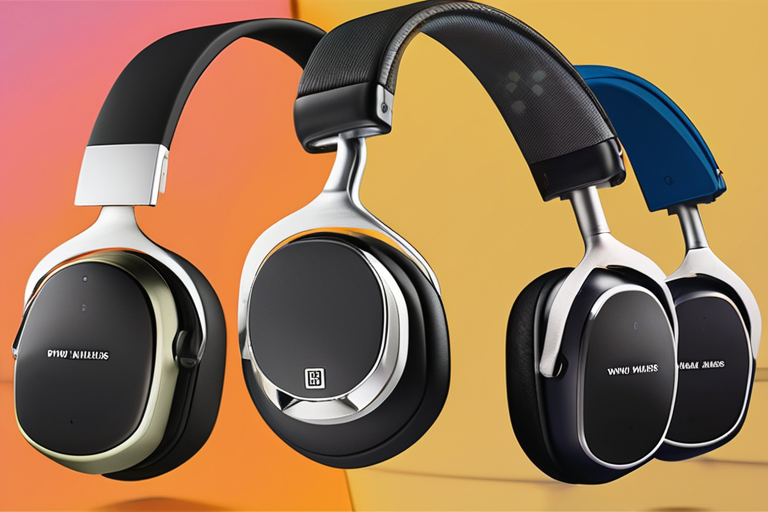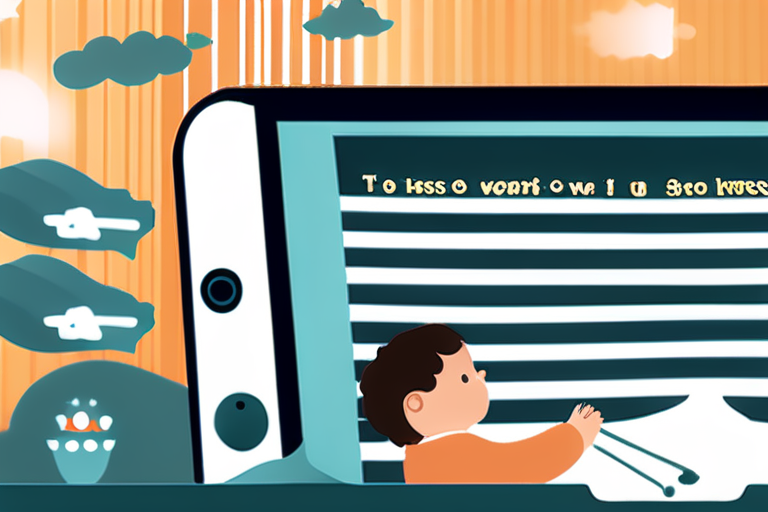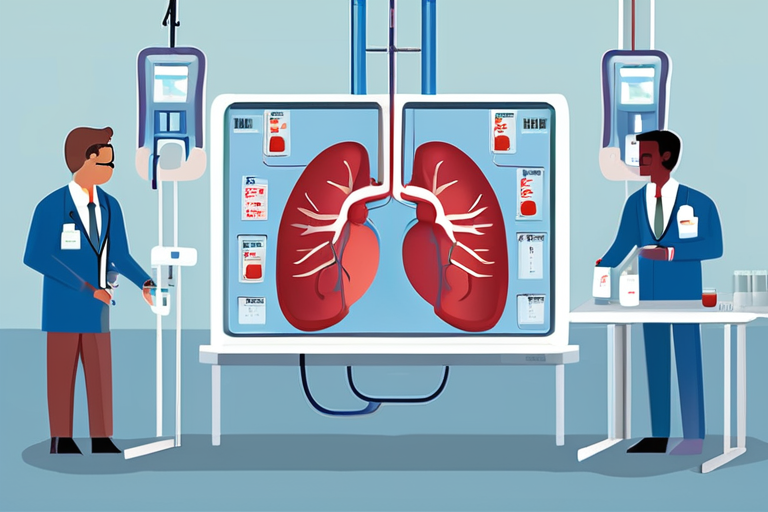Windows 11 Upgrades: What's New and What's Lost Compared to Windows 10


Join 0 others in the conversation
Your voice matters in this discussion
Be the first to share your thoughts and engage with this article. Your perspective matters!
Discover articles from our community

 Hoppi
Hoppi

 Hoppi
Hoppi

 Hoppi
Hoppi

 Hoppi
Hoppi

 Hoppi
Hoppi

 Hoppi
Hoppi

Bowers & Wilkins Px8 S2 Headphones Review: Top-Tier Audio, Top-Shelf Price In a move that is sure to excite audiophiles …

Hoppi

Breaking News: Experts Weigh in on Safe Screen Time for Children August 30, 2025 - Despite growing concerns, there is …

Hoppi

US Seeks to Spark "Nuclear Energy Renaissance" with Executive Orders In a bid to revitalize the nuclear energy sector, President …

Hoppi

Breakthrough in Organ Transplantation: First Human Kidney with "Universal" Blood Type Successfully Implanted Vancouver, Canada - In a groundbreaking medical …

Hoppi

Anthropic Unveils Claude for Chrome, a Browser-Based AI Agent Anthropic, a leading AI research firm, launched a research preview of …

Hoppi

Aug 30, 2025 4:23pm PT Emma Stone Is Becoming Our Modern-Day Katharine Hepburn and Bugonia Proves It By Clayton Davis …

Hoppi